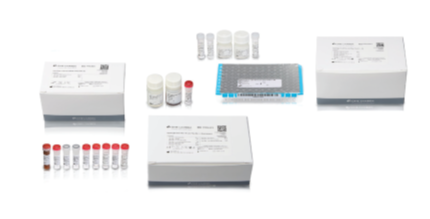The clinician-ordered test integrates polygenic risk scores validated in over 236,000 participants from the NIH’s All of Us Research Program.
Mass General Brigham has launched a genetic test that estimates inherited risk for eight cardiovascular conditions, developed in collaboration with Broad Clinical Labs and the Mass General Brigham Laboratory for Molecular Medicine.
The clinician-ordered test is available to patients on a self-pay basis and assesses genetic predisposition to atrial fibrillation, coronary artery disease, type 2 diabetes mellitus, elevated lipoprotein(a), hypercholesterolemia, hypertension, thoracic aortic aneurysm, and venous thromboembolism.
The test’s development draws on genotype and clinical data from 236,393 participants in the NIH’s All of Us Research Program. Researchers integrated publicly available polygenic risk scores (PRS) for each condition using PRSmix, an elastic-net modeling technique that combines multiple component PRS into a single, integrated score for each disease.
“This test represents a leap forward in how we can proactively address chronic diseases before symptoms occur,” says Pradeep Natarajan, MD, director of Preventive Cardiology at Massachusetts General Hospital and associate member at the Broad Institute, in a release. “By integrating robust PRS science from over 200,000 individuals nationwide and validating it in our local population, we’re providing actionable, individualized risk profiles to patients in everyday care.”
Clinical Validation and Laboratory Operations
The integrated scores underwent external validation in an independent cohort of 53,306 genotyped individuals from the Mass General Brigham Biobank using logistic regression models adjusted for age, sex, and population structure.
The test leverages the clinical blended genome-exome assay performed at Broad Clinical Labs for high-resolution genetic data capture. The Mass General Brigham Laboratory for Molecular Medicine, a CLIA-certified laboratory, interprets results and translates them into patient-facing reports.
“We’re translating insights from population genomics into real-world clinical tools,” says Niall Lennon, PhD, chair and chief scientific officer at Broad Clinical Labs, in a release. “This test demonstrates how combining data at scale with robust modeling and clinical-grade assays can enable earlier and more precise interventions.”
The clinical report contextualizes patients’ polygenic risk scores alongside established medical guidelines to support shared decision-making in preventive care between clinicians and patients.
Laboratory Integration and Clinical Applications
The Laboratory for Molecular Medicine brings expertise in cardiovascular, hearing loss, and inherited disease genetics to the test’s clinical reporting. Founded in 2001, the lab is recognized for its contributions to genomic medicine and variant interpretation.
“The Laboratory for Molecular Medicine is proud to partner in making complex genomic data interpretable and clinically relevant,” says Matthew Lebo, PhD, director of the Laboratory for Molecular Medicine and associate member at the Broad Institute, in a release. “This test not only enhances our ability to assess risk but empowers patients and providers with knowledge that can guide earlier and more targeted prevention strategies.”
The launch reflects the growing integration of genetic and clinical data for risk assessment before disease onset, particularly relevant as cardiovascular and metabolic diseases remain leading causes of morbidity and mortality worldwide.
Broad Clinical Laboratories, founded in 2013 as a non-profit subsidiary of the Broad Institute, focuses on accelerating adoption of omics technologies and novel molecular assays for better disease understanding, diagnosis, and treatment.





